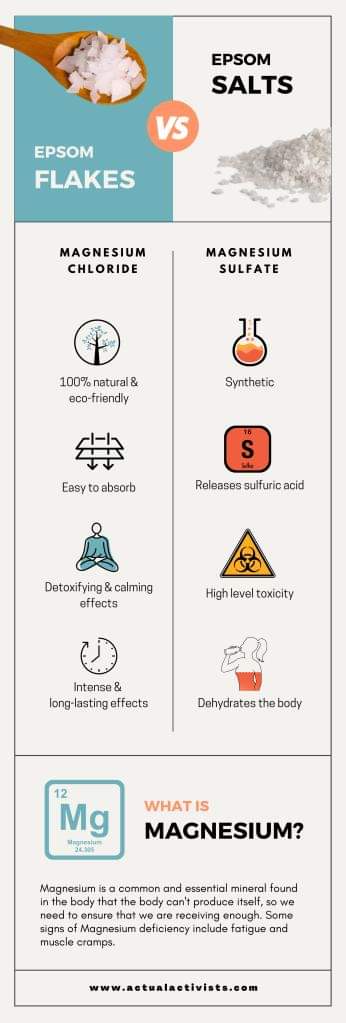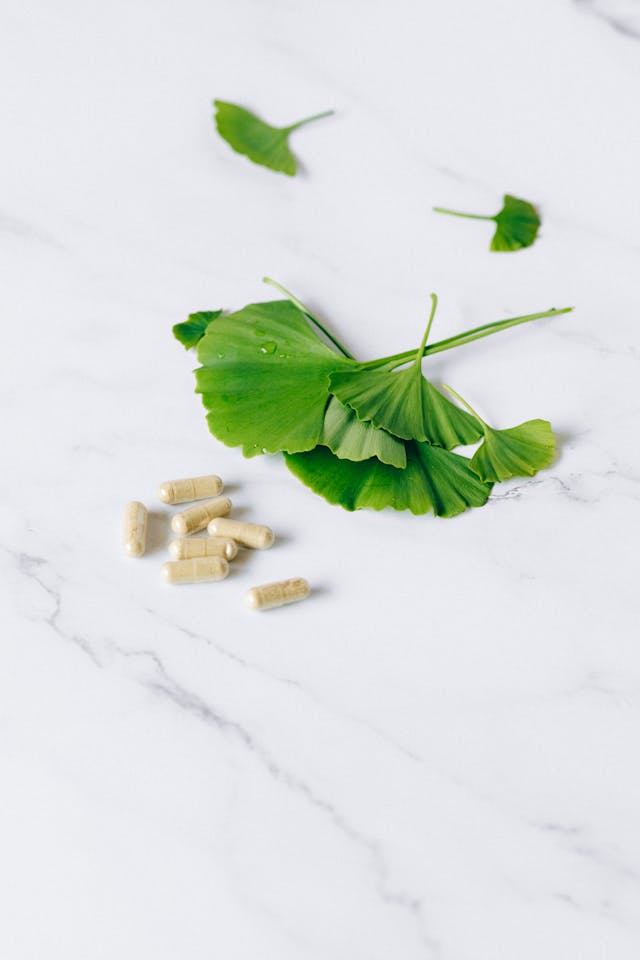Supplements for Fruitarians
You might be thinking that with such a “restrictive” diet one would have to take a bunch of supplements.
Quite the opposite, in fact.
As the body gets really efficient at absorbing and utilizing the vitamins, minerals, amino acids, fatty acids, structured water and sugars that fruit supplies it with, there is very little else that it needs. With that said, below I address a handful of supplements fruitarians might consider taking.

Vitamin D3 Supplement
The first being vitamin D3. This is such a vital hormone-like vitamin that, if you are not getting daily sun exposure, you will want to supplement with it. Some roles D3 is responsible for are bone growth, regulation of muscle contractions and using glucose for energy. So how much and in what form? Let me start by saying that opinions and doctor recommendations vary considerably on this topic. Some doctors recommend taking 1,000 iu a day, while others say 10,000 iu. Supplemental vitamin D3 comes from either lanolin (the waxy substance on sheep’s wool) or from lichen. Look for one that just has MCT oil as the only other ingredient. This one is fine: Jamieson, Vitamin D3 Drops. You can try it out and see how you feel. If you start getting eye twitches, you should ease up on the D3, as your body uses its magnesium to convert D3 into the active form. And low magnesium can cause eye twitches. More on magnesium below. Additionally, some people really don’t feel good when ingesting D3 supplements; it is best to listen closely to your body.
Some doctors recommend taking vitamin K2 with your D3, or D3 in the morning and K2 in the evening. It is said that D3 mobilizes calcium while K2 puts that calcium in the bones. A fruit-based diet has plenty of vitamin K1, which the body (bacteria in the digestive tract) converts to K2. A large cucumber for example has around 55% of the recommended K1. Therefore, I would recommend not taking a K2 supplement, and let the body regulate itself. However, if you are concerned about bone loss, you can get a bone density test and decide about K2 from there. If you do go for it, try to find a liquid form of K2 (MK-7), one with minimal other ingredients. Furthermore, maintaining your magnesium levels will help to balance calcium in the body and strengthen your bones.
All this said, getting sun exposure is most optimal – much better than supplementing with D3. The sun provides fundamental information to your body through light and galactic frequencies. But sun exposure is not always possible and not always recommended for certain people – though ten minutes a day can go a long way. You may also want to get your vitamin D levels checked. Ask your doctor for the more comprehensive test, as the standard free test is not as informative. If real sun exposure is not possible, the next best thing would actually be a sunlamp. Many health enthusiasts who are in colder climates recommend this one: Sperti Vitamin D Sunlamp. This way your body synthesizes its own D as opposed to trying to manage a synthetic form.
Vitamin B12 Supplement
Another supplement for fruitarians is vitamin B12. It is involved in an array of functions, including red blood cell formation, mood and energy maintenance and nerve protection. Let’s first address how humans are meant to naturally attain B12. B12 is produced by bacteria in the digestive tract. In a healthy person, there would be some level of B12 in the body even without any outside sources. However, it is believed that our levels are meant to be higher than this endogenous amount.
In the past, quite simply, we consumed more dirt. We ate fruit that fell to the ground, we used our unwashed hands in eating, we lived our lives outside. Our soils were rich and fertile. They were unencumbered by harsh chemicals. So when an animal came along and pooped on the ground, eventually that B12 that was in their gut made its way into our gut.
Nowadays, many people think that B12 comes from meat. This is because meat factories are horrible dirty places with animal feces abound. Animal excrement with its B12 gets on the meat and people cook and eat it, as explained by Dr. Brooke Goldner.
All this said, in today’s world it is important to supplement with B12. It plays a myriad of functions in the body. The best supplement for this that I’ve used is Vimergy’s liquid B12. Note that this product does not contain the cyanocobalamin form of B12, as this synthetic version contains cyanide, which is a toxin. Injections of B12 are not recommended. You can easily get your B12 level checked. Taking this supplement every day may not be necessary and could overburden the body. Take this supplement with food and not in the evening – as it provides energy that may keep you from sleeping.
Magnesium
It is involved in an array of functions, including red blood cell formation, mood and energy maintenance and nerve protection. Fruit have magnesium. You can also incorporate herbs and lettuce into the fruitarian diet for more minerals, such as magnesium.
If you feel the need to increase your magnesium more, you can use magnesium flakes to deliver this mineral transdermally. To be clear, I am not recommending the use of Epsom salts, which is Magnesium Sulfate, whereas magnesium flakes are Magnesium Chloride. Sulfur in the body can create a lot of acidity. You can throw some magnesium flakes into a bath or make your own spray by following along with this video (half liter filtered water, half cup flakes, 10 drops each of lavender, arnica, rosemary and eucalyptus oil).
You can also try a good quality Magnesium Glycinate (aka bisglycinate) internally, though it is not recommended to regularly use this. Taking this supplement may also help with getting the bowels moving. Magnesium acts as a vasodilator too, so it can help with circulation as well, if that is something you are looking for help with.

Beware of These Supplements
Liquid supplements are preferable, as tablets and capsules often have binders, fillers, preservatives and anti-caking agents in them. Avoid anything with magnesium stearate (explanatory video) or citric acid in the non-medicinal ingredients list. These among others have negative effects on the body. If you do choose to supplement other vitamins and minerals, find ones that are derived from food sources as opposed to synthetically made or using inorganic material (such as rocks). Synthetic and inorganic vitamins and minerals are often incompatible with the body and usually contain petrochemicals. Here is a video that goes a bit more into the negatives of synthetic vitamins.
Other Supplements
To learn about the importance of supplementing with iodine, check out our blog post on the topic. Future posts will address iron and zinc. In the meantime, incorporate Organic Barley Grass Juice Powder or Spirulina for a good source of iron, and pumpkin seeds for zinc.
Trust the Body
The body has a miraculous way of figuring things out. In the words of Ian Malcolm, “Life finds a way”. We just need to get out of its way. Over supplementing can easily impede our body’s natural rhythm and systems. And it is very easy to over supplement. Often a supplement will make us feel great at first because it adds to the amounts that our body is working with. But once our body adjusts to this new amount, other factors can be thrown out of balance. Dr. Robert Morse advises not to isolate chemistry for supplementation. Whole fruit and herbs have a perfect ratio and formulation of minerals and vitamins for our bodies. Listening to your hunger will guide you to eating what and how much your body needs. Food is the best medicine. Learning to distinguish hunger from an addiction-born craving comes with time and healthy eating. Enjoy your food!


